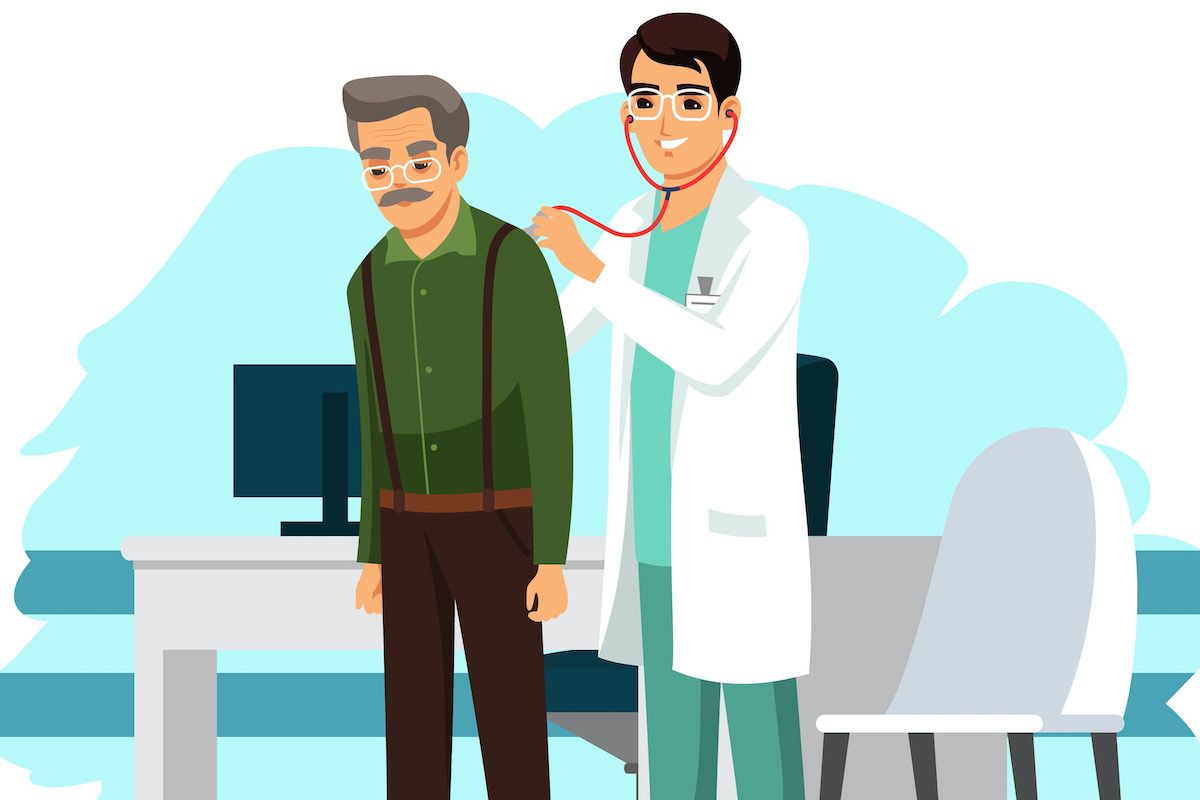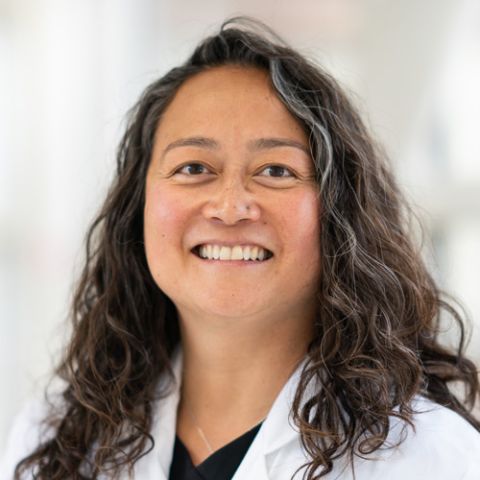You are now in cancer remission; this is the best time to re-establish care with a primary care provider if during your cancer journey that relationship was lost. If you kept your relationship with your primary care provider during treatment, this allowed your physician to go through this journey with you.
Why is it important to have a primary care provider?
It helps you receive better health care. A study published in JAMA Internal Medicine in 2018 found that Americans with primary care providers received more high-value health care, better patient experience and overall better healthcare access compared to patients who didn’t have a primary care provider. As a cancer survivor, however, you have additional reasons to build this important relationship.
- Your cancer journey has changed you physically and psychologically. Your primary care provider, with the help of your oncologist or survivorship provider, will monitor for possible late effects of your cancer treatment. These may include conditions such as hearing loss, osteoporosis, heart disease, depression, abnormal cholesterol, and endocrine abnormalities such as thyroid conditions and diabetes. Depending on the type of cancer treatment you received, you may need to be screened for other conditions too.
- Preventive care is more effective than treatment. Your primary care provider is your expert for disease prevention. This physician provides preventative care, cancer screenings, vaccines, and will monitor for and help you manage common chronic illness such as diabetes and high blood pressure and provide advice on how to live a healthier lifestyle.
- Continuity of care is important. Your primary care physician has the clearest picture of your baseline health and monitors you over time. It is not unusual for a primary care physician to find diseases on a routine checkup — such as high blood pressure, high cholesterol, or a mole that is changing. Your provider can evaluate and treat a variety of illness and, if necessary, can refer you to a specialist.
Roswell Park's Survivorship Program
Our Survivorship Program brings together many of our clinical and supportive services, as you face forward and learn to embrace a new normal.
Learn MoreHow to start
If you don’t have a primary care provider, check with your health insurance plan to see which providers in your area are accepting new patients. Ask friends and family members who share similar values who they would recommend as a primary care physician. At your first visit with your primary care provider, bring your health history and a list of your medications. Most important, bring a copy of your survivorship care plan, which details your cancer diagnosis, the treatments your received and special precautions or recommendations for you going forward. This will allow your primary care provider to provide a comprehensive visit to address your health needs.



